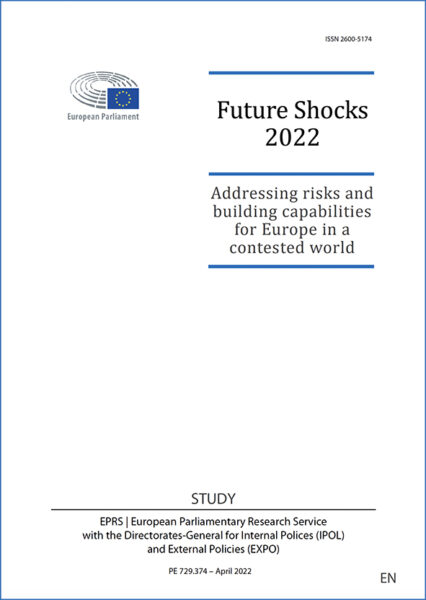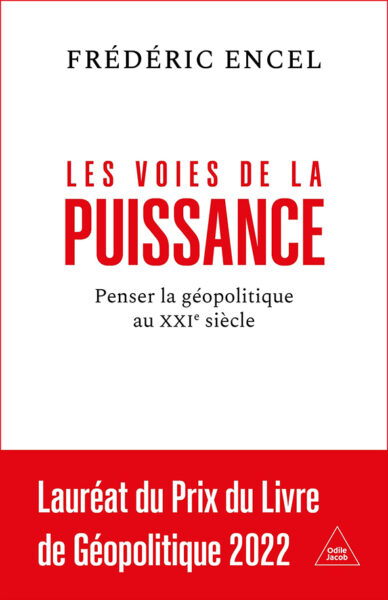On 25 September the United Nations member states adopted a new programme of sustainable development based on 17 global objectives (the SDOs or Sustainable Development Objectives), to be achieved by 2030. Among these, the fourth objective –to guarantee access to quality education for all– has acquired great resonance as recent years have seen fierce attacks on educational provision, particularly in regions with a high presence of radical Islamist movements (Afghanistan, Pakistan, Nigeria etc.).
Education has always been a factor in progress and development; with the growth of literacy and the central role now played by knowledge in the economic and social development of nations, it is, as Hugues Moussy shows here, increasingly becoming a geopolitical issue, and one properly to be treated as such. Having reminded us of the significance of education in international rivalries (since it plays a part in both “hard” and “soft” power), this article stresses what is at stake symbolically in the attacks on schooling perpetrated in various countries in recent years. It also examines how education stands at the heart of globalization today. This clearly shows the need to develop a geopolitics of education, aimed particularly at guaranteeing access to it and leaving us better prepared for global conflicts relating directly or indirectly to education both now and in the future.




